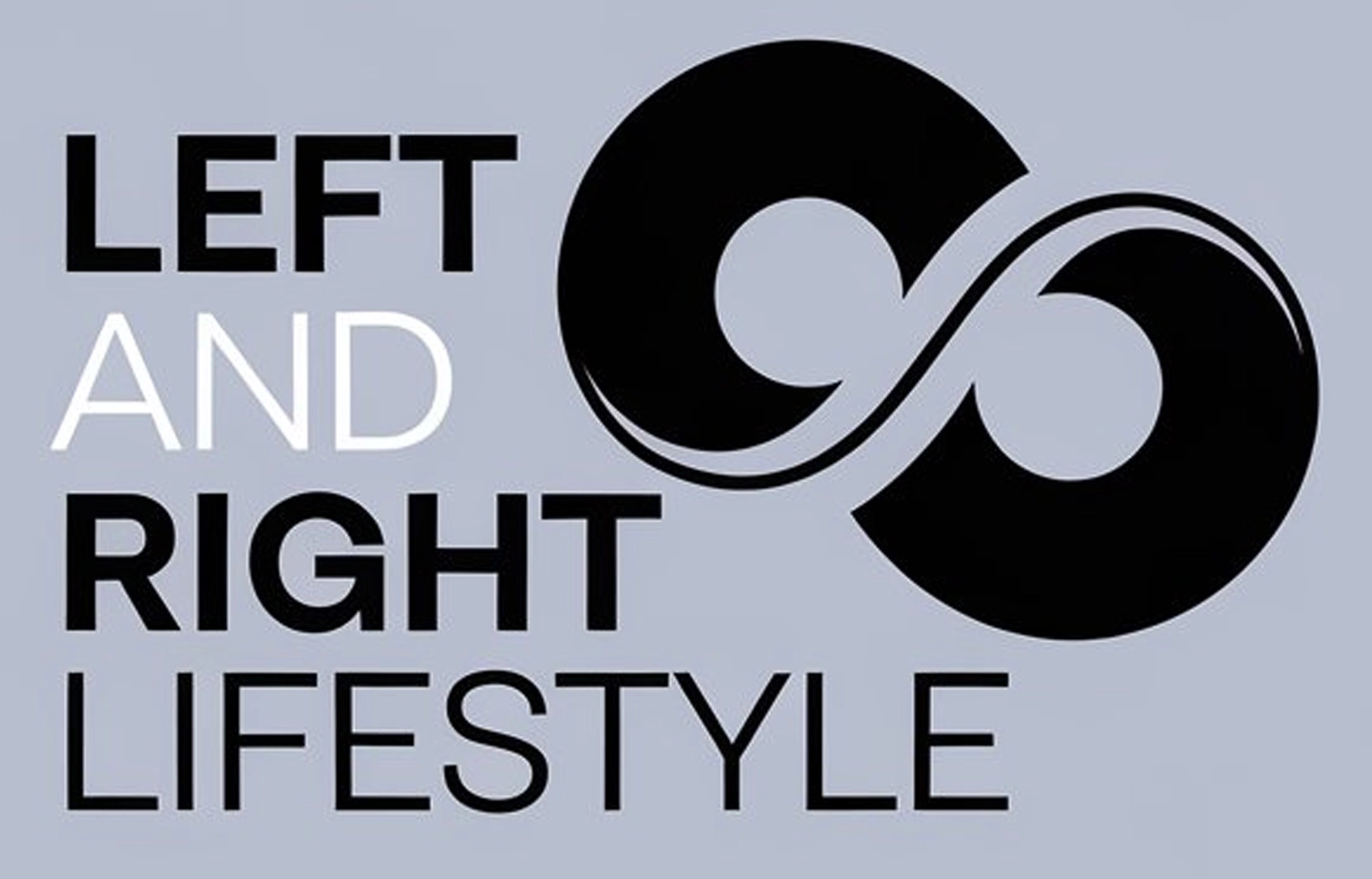Information, knowledge, and wisdom are three interconnected concepts that build upon each other, yet each represents a distinct level of understanding and application. Information is raw data or facts. Knowledge is the comprehension and internalization of that information. Wisdom is the insightful and ethical application of knowledge, considering broader implications and long-term consequences.
Let’s illustrate these differences through an anecdote:
Imagine three individuals discussing climate change at a community meeting.
The first person, Alex, has just read a news article about rising global temperatures. Alex tells the group, “Scientists say the Earth’s average temperature has increased by 1 degree Celsius since pre-industrial times.” Alex is sharing information – a factual statement without context or deeper understanding.
The second person, Bailey, has studied environmental science. Bailey explains, “That 1 degree increase is significant because it’s causing more extreme weather events, melting polar ice caps, and threatening ecosystems. It’s primarily due to human activities like burning fossil fuels and deforestation.” Bailey demonstrates knowledge – understanding the implications of the information and its underlying causes.
The third person, Charlie, has been working on environmental issues for decades. Charlie listens to both and then says, “You’re both correct, and this highlights why we need to act. But we must approach this carefully. Rapid changes could hurt vulnerable communities and economies. We need a plan that reduces emissions while supporting those most affected by the transition. Let’s discuss how our community can contribute to this global effort while also preparing for local climate impacts.”
Charlie exemplifies wisdom. Not only does Charlie understand the information and its implications, but they also consider the broader context, potential consequences of actions, and how to apply this understanding in a way that benefits the community and addresses long-term challenges.
This anecdote shows how information evolves into knowledge and then into wisdom. Alex provides raw data, Bailey contextualizes and explains it, and Charlie applies that understanding to guide thoughtful action.
In our daily lives, we often encounter all three levels. We’re bombarded with information, we strive to gain knowledge in our areas of interest or expertise, but wisdom – the ability to see the bigger picture and apply our knowledge ethically and beneficially – is something we develop over time through experience, reflection, and conscious effort.
As we navigate our complex world, it’s valuable to recognize these distinctions. While having access to information is important, and gaining knowledge is crucial, developing wisdom allows us to make more meaningful contributions to our communities and society at large. It enables us to not just know what is happening or why it’s happening, but to understand what should be done and how to do it in a way that considers the broader implications of our actions.
